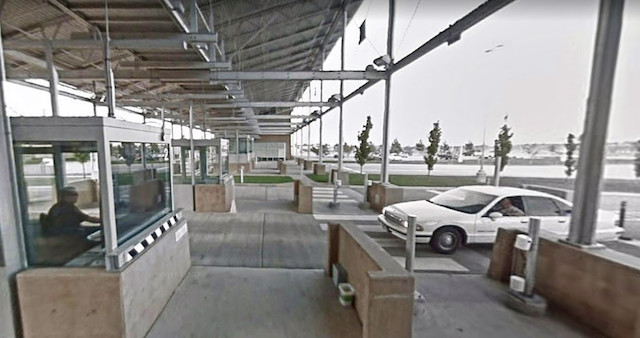
Border agents on the lookout for parental abductions during holidays
Canadian border officials say they’re on the lookout for parental abductions, which are statistically shown to rise during the holiday travel season.
It’s a phenomenon that’s become familiar to border service agents and the Missing Children’s Network, which is often called to help, especially if the child is brought across an international border.
“Good year or bad year, in Quebec we’re talking about 100 or so cases,” said Pina Arcamone, the director general of the Missing Children’s Network.
“Currently, there are as many mothers as fathers who decide to leave or to return to their native country, for example, without the consent of the other parent.”
Arcamone notes that parental abduction is the most common form of kidnapping in Canada, and it becomes more common at certain times of the year, including spring break, Easter, before back-to-school or during the holidays.
The scenario is almost always the same, she said: a parent who is unsatisfied with their custody arrangement takes matters into their own hands, taking their child on a trip and not coming back on the scheduled date.
“Every year, we find missing children,” said Veronique Lalime, a spokeswoman for the Canada Border Services Agency. She said agents have learned to pay attention.
“When they see children, they pay particular attention to the custody conditions when it comes to travelling,” she said.
Fortunately, most children are brought home safely, Arcamone said, although the period can be very stressful for the other parent.
“I’d say that in the majority of cases, the children are found,” she said. “It can take several hours, but sometimes it takes days and months in certain cases.”
The CBSA is stressing the importance for parents to have all the necessary paperwork in order before they head to an airport or border crossing with their child.
“When people have shared custody, it’s important that they have the legal documents and letters of consent from the other parent if both parents aren’t travelling with the child,” Lalime said. “It’s something that needs to be kept in mind.”


